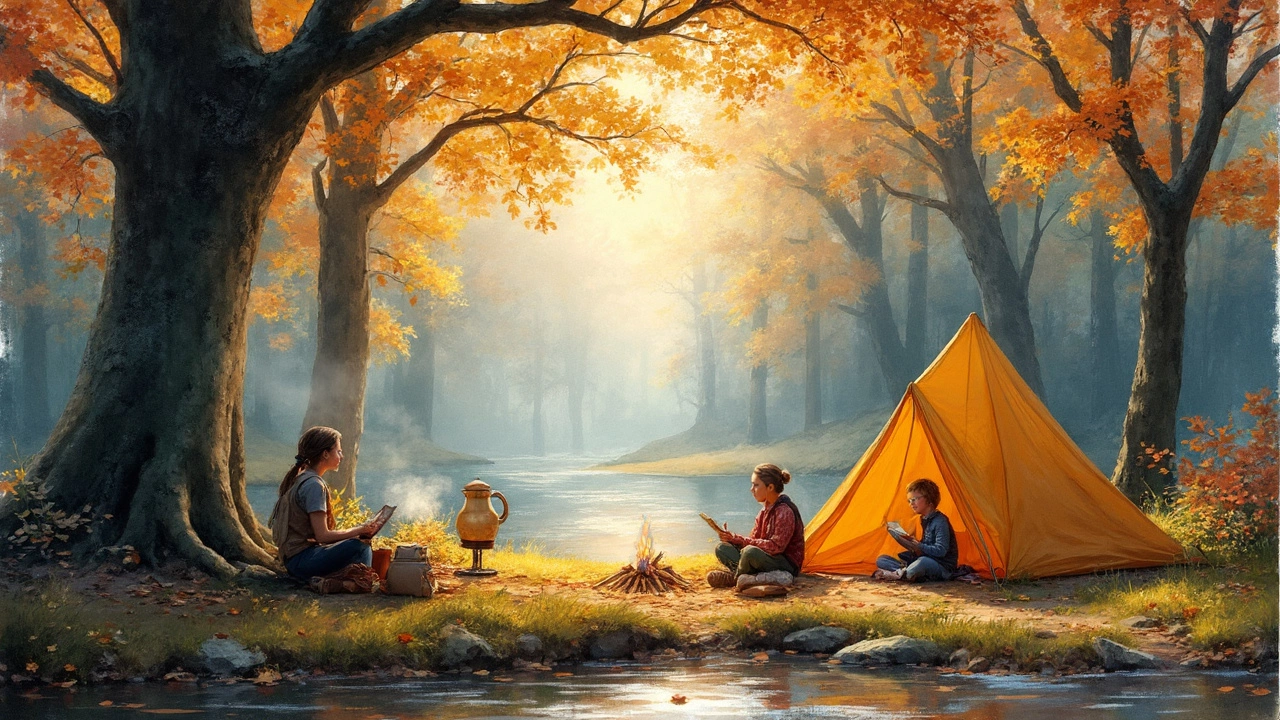Outdoor Activity: Practical Tips for Camping, RVing & Wild Adventures
Whether you’re pulling up at a quiet forest site or parking your motorhome next to a beach, the right advice makes the difference between a great trip and a stressful night. This page gathers the most useful outdoor activity ideas you’ll need – from safety basics to clever hacks for living on the road.
Safety First: Rules You Need to Know
Before you set up a tarp or park beside a highway, check the local rules. In the UK, stealth camping is a gray area – you can stay in a hidden spot, but you might get asked to move if a landowner spots you. The same goes for wild camping in Scotland, where the law actually lets you pitch in most places as long as you respect the land. In the US, each state has its own limits on sleeping in your car or on public beaches, so a quick Google search can save you a fine.
Another safety staple is the “Rule of Three.” It reminds you to have three days of water, three days of food, and three ways to start a fire. It sounds simple, but it keeps you from panicking if the weather turns nasty or you get lost.
Solo women campers often wonder if it’s safe to go alone. The answer is yes – if you pick a well‑known spot, tell someone where you’ll be, and carry a basic safety kit. Confidence grows when you know the site’s rules, have a phone with battery backup, and keep a flashlight handy.
Get More Out of Your Trip: Smart Tips & Gear
Boondocking (free camping) is a favorite for RV owners. The key is to find places that allow overnight parking – many Walmart stores do, but you must follow their rules and keep a low profile. A level surface, a spare tire, and a portable battery pack for a 12‑volt TV will make those nights comfortable.
If you love the beach, look for “free beach camping” spots that are truly allowed. California has a few hidden coves where you can park overnight, but you’ll need to watch for posted signs and local ordinances. Packing a compact camp stove and a wind‑proof tarp helps you stay warm when the sea breeze gets strong.
For those who prefer a minimalist setup, the camping triangle technique is a quick way to arrange your tent, fire pit, and cooking area in a safe, functional shape. It keeps smoke away from sleeping bags and gives you room to move without tripping.
Finally, if you’re thinking about living in your RV full time, compare costs with a house. Factor in fuel, maintenance, insurance, and campsite fees. Many find that, after the first year, the monthly spend balances out, especially if you mix free sites with paid ones.
Whatever your outdoor activity style – beach camping, forest car‑sleeping, or full‑time motorhome living – the basics stay the same: know the rules, pack smart, and keep safety first. Use the tips above to plan, enjoy, and stay out of trouble on your next adventure.
-
 VIEW POST
VIEW POSTIs It Healthy to Spend Time in the Woods?
Feb, 13 2025|0 CommentsSpending time in the woods can offer several health benefits, both physically and mentally. From boosting your mood to enhancing your creativity, nature therapy is increasingly popular for its positive effects. Being in a forest campsite not only provides a break from technology but also enriches your senses. With cleaner air, less noise, and calming scenery, the woods present a rejuvenating environment. This article dives into how being in the woods can enhance well-being and offers tips for making the most out of your forest excursions.